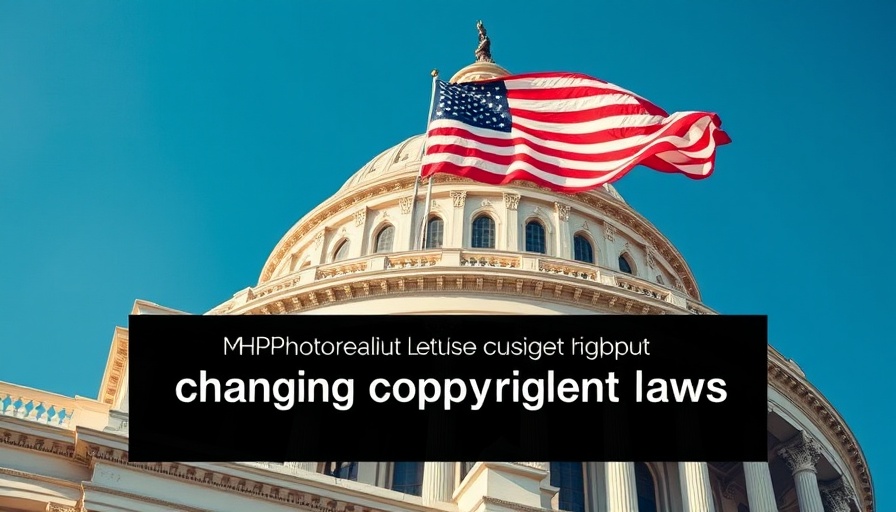
The AI Copyright Battle: Understanding the Stakes
The recent discussion surrounding artificial intelligence (AI) and copyright has sparked intense debate. Major players like Google and OpenAI are pushing for the ability to train their AI systems on copyrighted content to stay competitive, especially against global rivals like China. This desire to leverage copyrighted material raises questions about the fundamental nature of copyright law and its implications for content creators.
In The AI Copyright Battle: Google & OpenAI vs. The Law, the discussion dives into the contentious issues of copyright and AI, exploring key insights that sparked deeper analysis on our end.
Copyright Concerns: A Historical Perspective
For decades, copyright laws have been extended and manipulated, often in favor of large corporations. The so-called "Mickey Mouse Act" illustrates how longstanding characters, like Disney's beloved mouse, have led to continuous pushes for copyright extensions. Originally intended to protect creators for a limited time, current copyright policies seem to favor corporate interests over individual authors and artists.
In Search of Fair Compensation
Experts argue that while companies like Google and OpenAI need access to copyrighted content to enhance their AI capabilities, there must be fair compensation for the creators of that content. Bill Gross proposes a model called Pratta AI, which aims to redistribute revenue generated from AI-based products back to content creators based on usage metrics. This could help in not only providing a fair playing ground but also satisfying the necessity for larger datasets.
The Financial Investment in AI: What It Means
The financial stakes involved in AI development are staggering, with estimates of a billion dollars being spent daily. This intense investment signifies that AI is not just a passing trend, but a transformative technology that will shape the future of many industries. Understanding how copyright law adapts—and might need to change—is crucial as we move forward into this AI-driven future.
Looking Ahead: The Future of Copyright and AI
It's evident that we stand at a pivotal moment in the evolution of copyright law and artificial intelligence. As companies push for new rights to use copyrighted content, finding a balance that protects creators while fostering innovation will be key. The next steps will likely involve serious discussions about leveraging existing frameworks for a more equitable solution—one that honors creators and promotes progress in technology.
 Add Row
Add Row  Add
Add 




Write A Comment